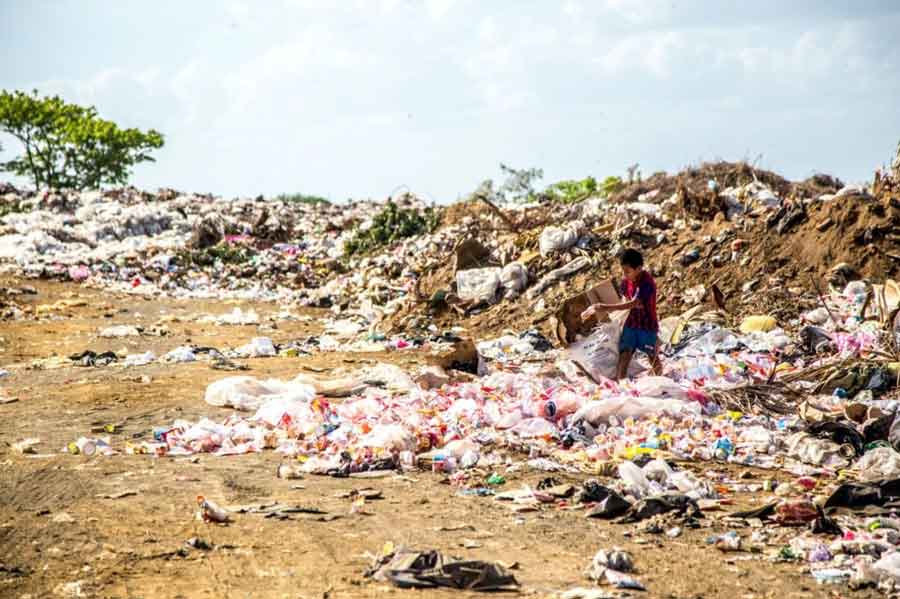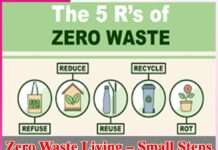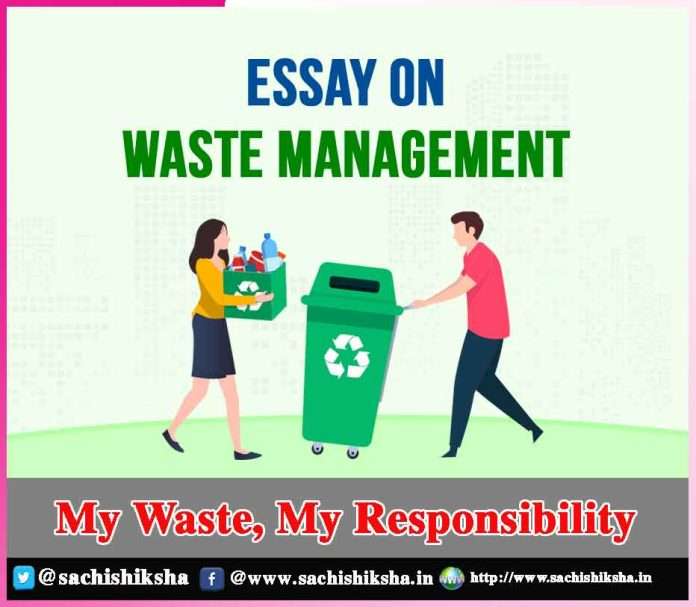My Waste, My Responsibility
Introduction: Waste is an end product of something useful that is to be discarded after use. This means, the more products manufactured and consumed, the more waste generated. This also implies that with the growing population, the waste produced would also grow. The question is, who is to hold responsibility for the waste produced?
Also Read:
- Best Out of Waste
- Best Out of Waste DIY Crafts Ideas: Build Useful Things Easily [Pro Tips]
- Utilize Waste Things
- Waste Tackle With Haste
- My Waste My Responsibility
Table of Contents
Waste Management:

Reuse:
To reuse means to use things again and again so as to dump less and not discard those things that still have the potential to benefit us. This will reduce wastage and unnecessary manufacturing of excessive products that will later be a baggage for the planet. It also means to extract the advantage of the same product again and again and to promote sustainable development. For example reusing the plastic bags and bottles which, if accumulated will be harmful for the planet.
Reduce:
To reduce means to lessen the usage of a particular product which is generally detrimental in nature for example reducing the usage of plastics and then slowly eliminating its use altogether. For example instead of using plastic bags we can carry along with us jute or cloth bags to the market, this will reduce the burden on our planet because of the excessive time required to biodegrade plastics.
Recycle:
To recycle means to process a particular product or object in a way that it becomes utterly new after a series of processes and can be used again. For example recycling of used paper will make it completely new and fit to be used again by us. This shows us how important it is to manage our waste judiciously.
Concept Behind My Waste My Responsibility:
The concept behind ‘my waste my responsibility’ is that whoever uses or consumes a particular product is responsible for the waste generated. When we consume a particular product it becomes a responsibility to tackle the results. With innovative measures coming up to combat environmental damage not only does it become a consumer’s responsibility to manage his or her waste but also the producer’s responsibility. This is also called the extended producer responsibility (EPR).
With extended producer responsibility we mean that the one who manufactures a particular product should be made liable and responsible for the damage that occurs after that particular product is used. Thus, making a producer discharge his functions as a responsible producer. This would make big companies and corporations not only take steps to improve profits but also to be equally responsible to the environment that bears the brunt of the profits generated by them. Eco Kari is a beautiful method to reuse plastics creatively. For example the foundations and NGOs use chips packets to create beautiful sling bags. Bamboo toothbrushes can be a good replacement to plastic brushes and wooden combs for plastic ones.
Multiple Plastic Management Rules:
Use and throw, single use, and disposable plastics are a big burden to the planet. Not only this will harm us but also our future generations because these plastics accumulate and do not degrade in millions of years. Even though the government has brought multiple plastic management rules, one of them being Plastic Management Rules, 2022, still single use plastic has not been eliminated. Plastic Waste Management (Second Amendment) Rules, 2022, were issued in view of the phasing out of certain single-use plastic products.
It mandates an increase in the thickness of plastic carry bags to over 120 microns. They provide for levying of penalties or environmental compensation under the “Polluter Pays” principle on those who do not comply with the rules. The biodegradable plastics do not leave any micro-plastics or visible or distinguishable or toxic residue, which has adverse environmental impacts, adhering to standards of the Bureau of Indian Standards and certified by the Central Pollution Control Board. I am still optimistic about these new rules. Let us wait and watch if the plastics are gradually phased out.
Conclusion: Rather than treating waste disposal only as the responsibility of the authorities, we as individuals are collectively responsible to effectively dispose of waste and to contribute to a clean environment. Our future is in our hands. Let us stand together to take small steps to use products judiciously, increase the shelf life and dump less.
















































